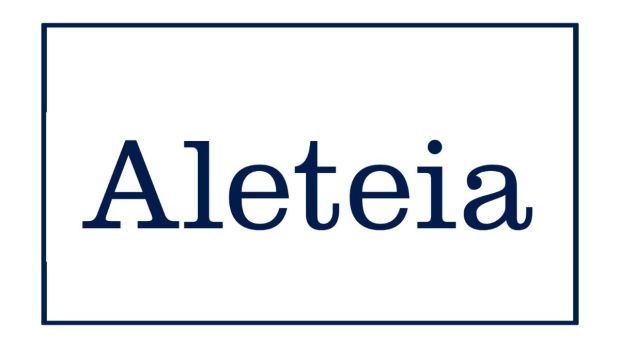dfgdfgdfgf. gfdfgfd ggfdg fdgdf
Addressing the Spread of Pope Francisco Deep Fake Videos
In recent years, the advent of advanced technology has brought about both incredible innovations and alarming developments. One such concerning advancement is the creation and dissemination of deep fake videos. These videos, which use artificial intelligence to create hyper-realistic but fake footage, have recently targeted prominent figures, including Pope Francis.
The phenomenon of deep fake videos began gaining attention in the mid-2010s, with the rise of more sophisticated machine learning algorithms. These technologies allow for the manipulation of video and audio to produce content that appears authentic but is entirely fabricated. Early examples were often crude, but rapid advancements have resulted in videos that are almost indistinguishable from real footage.
Pope Francis has been a frequent subject of these deep fake videos, with various clips falsely portraying him making controversial statements or engaging in actions that contradict his well-known public persona. These fake videos can spread quickly on social media, leading to potential misinformation and confusion among viewers.
One significant incident occurred in 2020, when a deep fake video of Pope Francis appeared to show him endorsing a political candidate. This video was quickly debunked by experts, but not before it had been shared widely, demonstrating the potential for such technologies to sow discord and mistrust.
The Vatican and various fact-checking organizations have been proactive in addressing and debunking these fake videos. They emphasize the importance of media literacy and skepticism towards sensational content, urging the public to verify information through reliable sources before accepting it as truth.
As deep fake technology continues to evolve, it presents ongoing challenges for public figures, media outlets, and consumers. The need for robust verification mechanisms and public awareness has never been greater to ensure the credibility of information in the digital age.
The Concerns with Deep Fake Technology
Deep fakes present several significant challenges:
- Misinformation: They have the potential to spread false information that can mislead the public.
- Trust Erosion: When people are exposed to fabricated videos of respected leaders, it can erode trust in authentic communications.
- Manipulation: These videos can be used maliciously to manipulate public opinion and discourse.
Case in Point: Pope Francisco
The spread of deep fake videos featuring Pope Francisco is particularly troubling. As the leader of the Catholic Church, his image and words hold great influence. Misinformation in this context can have far-reaching consequences:
- Religious Manipulation: False videos can mislead millions of Catholics and create unnecessary confusion or conflict within the community.
- International Relations: The Pope’s messages often address global issues. Manipulated footage could potentially create misunderstandings between nations and religious groups.
Addressing the Issue
To combat the harmful effects of these deep fakes, it is essential to:
- Enhance Awareness: Educate the public about the existence and dangers of deep fake technology.
- Promote Media Literacy: Encourage critical evaluation of video content and reliance on trusted sources.
- Strengthen Regulations: Advocate for stronger regulations and penalties for the creation and dissemination of misleading deep fake videos.
- Technological Solutions: Invest in AI-based detection tools that can distinguish between real and fake videos.
Conclusion
The spread of deep fake videos, particularly those involving influential figures like Pope Francisco, poses significant risks to societal trust and stability. It is imperative to address this issue with a multi-pronged approach, involving education, regulation, and technological advancement to safeguard the truth.
